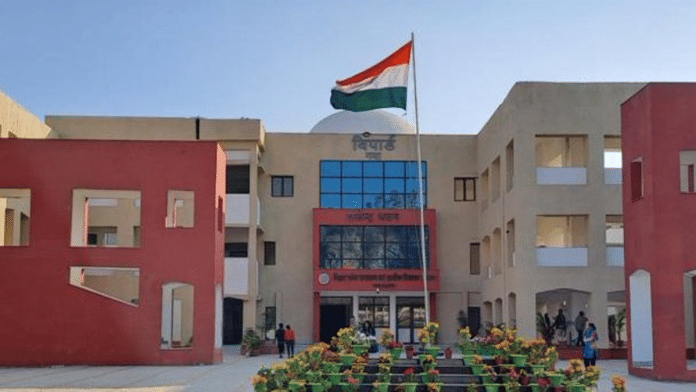New Delhi: The Bihar Institute of Public Administration and Rural Development (BIPARD) is set to usher in a new era of data-driven governance with the inauguration of its state-of-the-art GenNext Lab. Set to be launched on 8 October by B.V.R. Subrahmanyam, CEO of NITI Aayog, this lab represents a pivotal advancement in the governance landscape of Bihar.
Its integration of real-time data and predictive analytics will revolutionise decision-making processes across public administration and rural development, equipping the state to navigate future challenges with agility and foresight.
The inauguration will also witness the launch of the Viksit Chintan Kaksh and Nitishala, further augmenting Bihar’s commitment to innovation in governance. Together, these initiatives will serve as key tools in sharing Bihar’s success stories and best practices with other states across India.
The GenNext Lab positions BIPARD at the forefront of administrative innovation. By leveraging cutting-edge AI and data-driven technologies, it empowers policymakers and administrative officers to interpret complex data with ease, enabling more informed, strategic, and timely decisions. At the heart of the lab is a sophisticated Decision Support System (DSS), designed to assist policymakers with AI-powered predictive forecasting. This capability allows decision-makers to anticipate trends, foresee potential challenges, and implement proactive solutions, particularly in sectors like rural development, where timely intervention can have profound effects.
At the core of these innovations lies a commitment to data intelligence, empowering district and state-level officials to visualise and interpret vast amounts of real-time data. This will be crucial for understanding the interconnectedness of various sectors, including health, education, agriculture, environment, women’s empowerment, and rural development. Policymakers will gain a holistic view of these sectors, allowing them to craft policies that are not only reactive but preemptive—anticipating challenges before they escalate.






